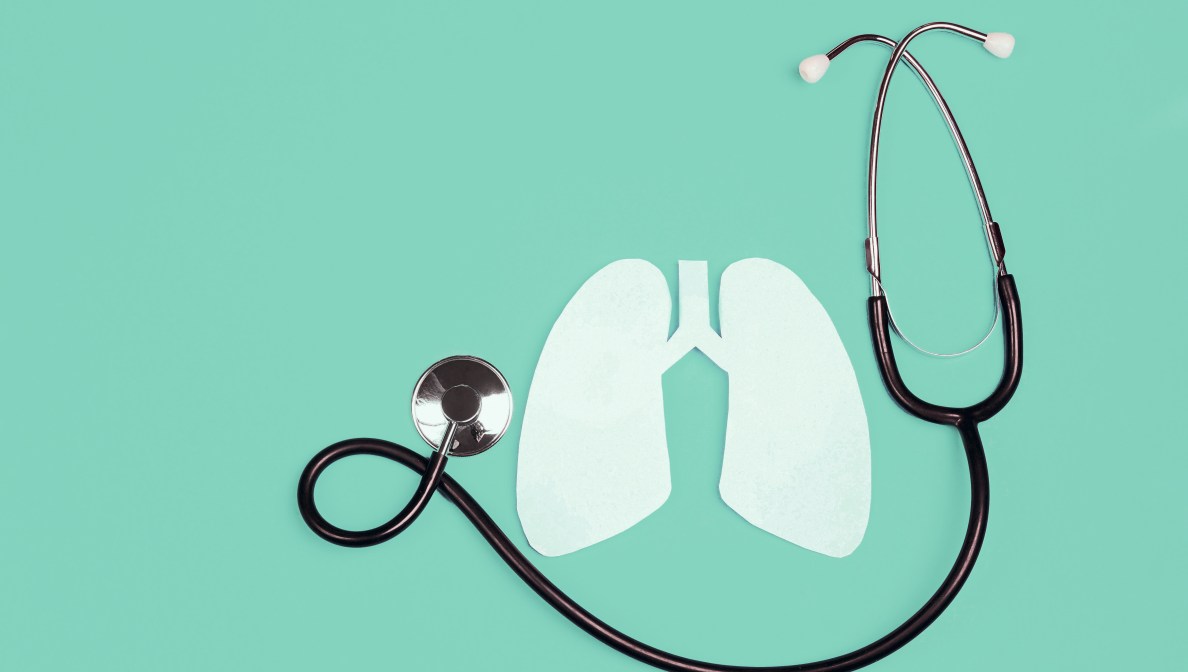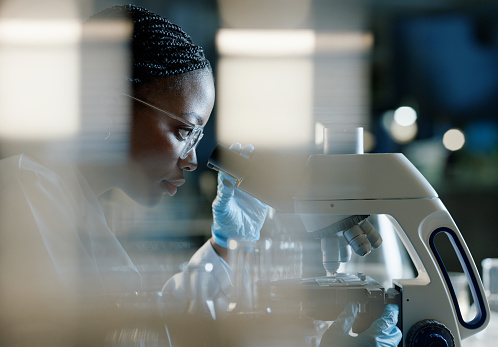Understanding lung cancer: 5 essential things to know as a patient or caregiver
What to know about one of the most common types of cancer
August 21, 2024

Lung cancer is one of the most commonly diagnosed cancers worldwide. In 2022, it was estimated that more than 2.4 million people globally were diagnosed with lung cancer.
Lung cancer is also the leading cause of cancer death worldwide. Nearly one-in-five (19%) cancer-related deaths were estimated to result from the disease worldwide in 2022.
Despite how common lung cancer is and its high mortality rates, there are still many misconceptions about the disease. Having accurate information is a critical step in the fight against lung cancer.
Our company is working for these patients and their families by advancing research and fostering greater awareness and understanding of the disease.
Here are five facts about lung cancer that we think patients or caregivers need to know.
01.
Every person with lung cancer deserves compassion and support.
People with lung cancer can face social stigma because they may have smoked. But the truth is, there’s no room for blame. People with lung cancer are worthy of all the compassion and support their families, health care teams and the wider cancer community can provide to help them stand against this disease.

02.
It takes a village to navigate life with lung cancer.
When coping with a lung cancer diagnosis, it’s important to build a circle of support that includes the oncologist, health care teams, family and friends.
Connecting with others can provide a sense of support and comfort to help patients through everything that goes into managing this disease.
03.
There’s no one type of person who develops lung cancer.
Lung cancer strikes both men and women. While it is mostly diagnosed in older people, younger people can develop the disease. In fact, in 2022, more than 312,000 cases of lung cancer were estimated to be diagnosed worldwide among people 54 and younger.

04.
There are multiple risk factors for lung cancer, including some outside our control.
Smoking is the greatest risk factor for developing lung cancer, but there are others as well, including having a family history of the disease and exposure to certain environmental substances. Worldwide, it is estimated that 10-25% of patients with lung cancer have never smoked with even higher proportions based on ethnicity and geographic region.
Environmental risks include:
- Exposure to radon gas.
- Exposure to occupational carcinogens, such as asbestos.
- Exposure to outdoor air pollution, such as second-hand smoke, arsenic, chromium and nickel.
05.
Scientific advances are helping to make an impact in treating lung cancer.
Over the last 20 years, significant strides have been made to improve patient outcomes in the treatment of lung cancer. Key advancements include the development of targeted therapies, the incorporation of biomarker testing into standard practice and the progress of research that may offer promising breakthroughs for patients with difficult-to-treat tumor types.



